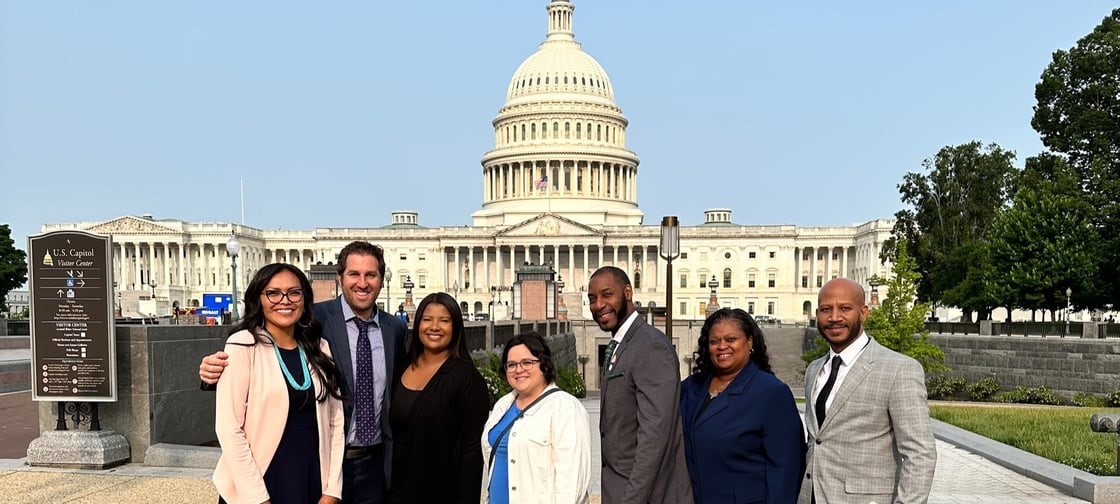Washington, D.C. – At this time every year, public charter schools and their supporters across America celebrate National Charter Schools Week. They share success stories of charter schools, and fight for the support they need to grow and serve more students. Today, Nina Rees, president and CEO of the National Alliance for Public Charter Schools, shares her five reasons to celebrate charter schools this week.
Enrollment Growth
We now have nearly 3 million students attending public charter schools across the country. Earlier this year, the National Alliance released a report that shows U.S. charter schools are serving almost 348,000 new students in 2014-15. The growth in charter school enrollment shows that parents continue to demand high-quality educational options for their children and we intend to meet that demand.
Alabama
In March this year, Alabama passed a charter school law, joining 42 other states and Washington, D.C., to allow the creation of public charter schools. This is a big win for students and parents in Alabama, as it establishes a solid foundation for the state to create high-quality public schools in communities that need them the most. Our focus is now on the seven states that don’t yet permit the creation of public charter schools despite the obvious public demand.
Additional Days of Learning
Disadvantaged students attending charter schools in most of our urban districts are learning more and showing significant performance growth. According to a recent study by Stanford University’s Center for Research on Education Outcomes, urban charter school students gained the equivalent of 40 additional days of learning in math and 28 additional days in reading compared to their peers attending traditional public schools. In total, four or more years of enrollment in an urban charter school equated to 108 additional learning days in math and 72 more learning days in reading.
Federal Support
To keep growing and meet rising demand from parents, public charter schools need more funding from the federal government. Were grateful that President Obama recognized this need by proposing $375 million for the Charter Schools Program in his 2016 budget a 48 percent increase over the $253.1 million available this year. Now, we urge Congress to agree to the presidents request and provide critical seed funding to open new charter schools, and expand and replicate successful models.
Over 20 Years of Commitment
The first public charter school opened in Minnesota 23 years ago and now there are more than 6,700 charter schools across the country. The public charter school movement has spurred innovation and reform throughout public education. Charter schools have led efforts to reduce achievement gaps and are showing that success is possible in neighborhoods where traditional schools have been falling short for generations.
About Public Charter Schools
Public charter schools are independent, public, and tuition-free schools that are given the freedom to be more innovative while being held accountable for advancing student achievement. Since 2010, many independent research studies have found that students in charter schools do better in school than their traditional school peers. For example, one study by the Center for Research on Education Outcomes at Stanford University found that charter schools do a better job teaching low income students, minority students, and students who are still learning English than traditional schools. Separate studies by the Center on Reinventing Public Education and Mathematica Policy Research have found that charter school students are more likely to graduate from high school, go on to college, stay in college and have higher earnings in early adulthood.
About the National Alliance for Public Charter Schools
The National Alliance for Public Charter Schools is the leading national nonprofit organization committed to advancing the public charter school movement. Our mission is to lead public education to unprecedented levels of academic achievement by fostering a strong charter sector. For more information, please visit our website at www.publiccharters.org.







